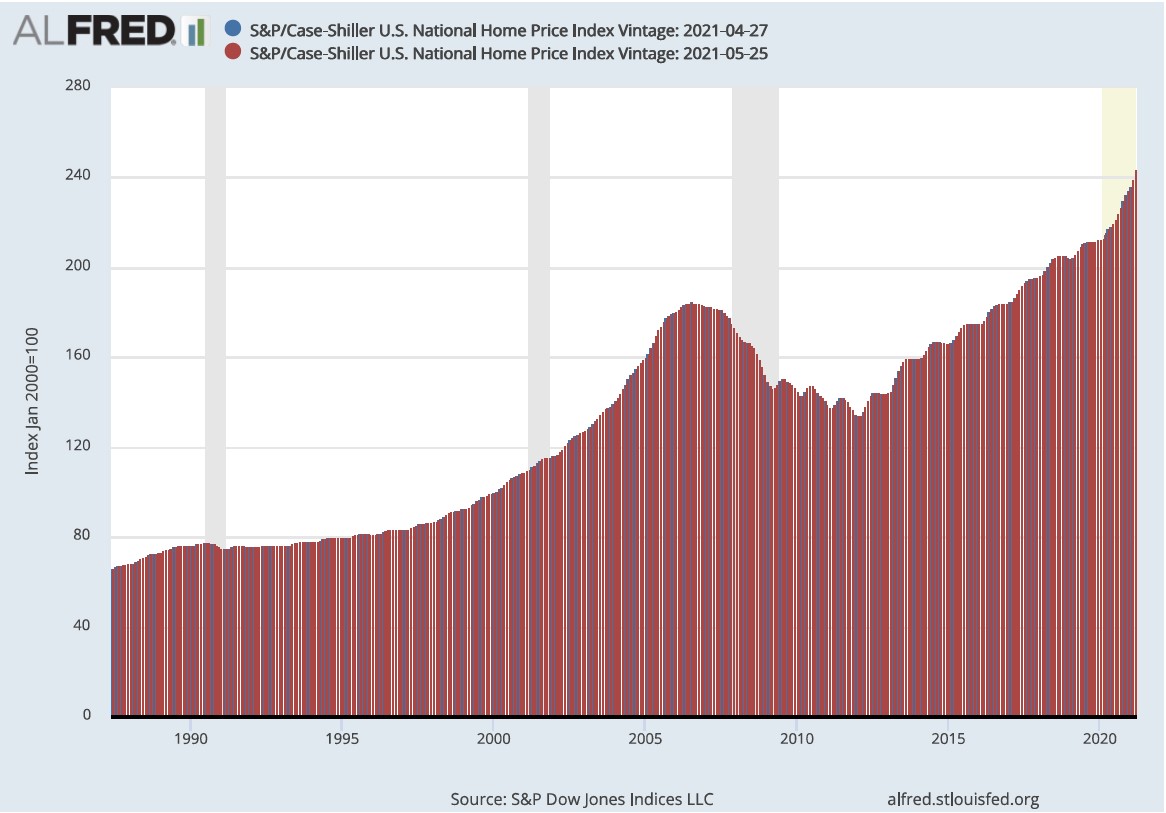[COLUMBIA, SC | THURSDAY, MAY 18, 2023]
On May 17, 2023, the South Carolina Supreme Court rescinded two Administrative Orders requiring certain loss mitigation actions by Plaintiff’s counsel prior to foreclosure judgment being entered. These Administrative Orders were issued in 2009 and 2011. While the Court officially found that the Orders should be rescinded because HAMP ended in 2016, the Court effectively ended the Administrative Orders because of the many federal regulations and loss mitigation programs now available to mortgagors.
What does this mean for our clients? The judicial foreclosure process has just shortened in SC. The 2011 Administrative Order required Plaintiff’s counsel to serve a Notice of Foreclosure Intervention with the Summons and Complaint. If the borrower responded requesting loss mitigation, then the case was stayed until loss mitigation was denied. The case could not proceed until the mortgagee provided a reason for denial, so that Plaintiff’s counsel could prepare and serve a filed denial on the borrower. At that time, the borrower was allowed another 30 days to respond to the denial. This opened the door for loss mitigation litigation.
What has not changed? Plaintiff’s counsel will still be expected to provide reliable information to the court at foreclosure hearings about the status of any loss mitigation. Furthermore the Court specifically authorized judges to inquire about the status of loss mitigation or require a certification from Plaintiff’s counsel similar to the 2011 certification.
What do we expect? We expect that certain judges will require a loss mitigation certification from Plaintiff’s counsel if a defendant/mortgagor appears pro se at a default foreclosure hearing claiming loss mitigation is underway. This could slow the process for some foreclosures, but this 2023 Administrative Order is an overall win for lenders in South Carolina.
You can view this order here: Click here to view the Order


